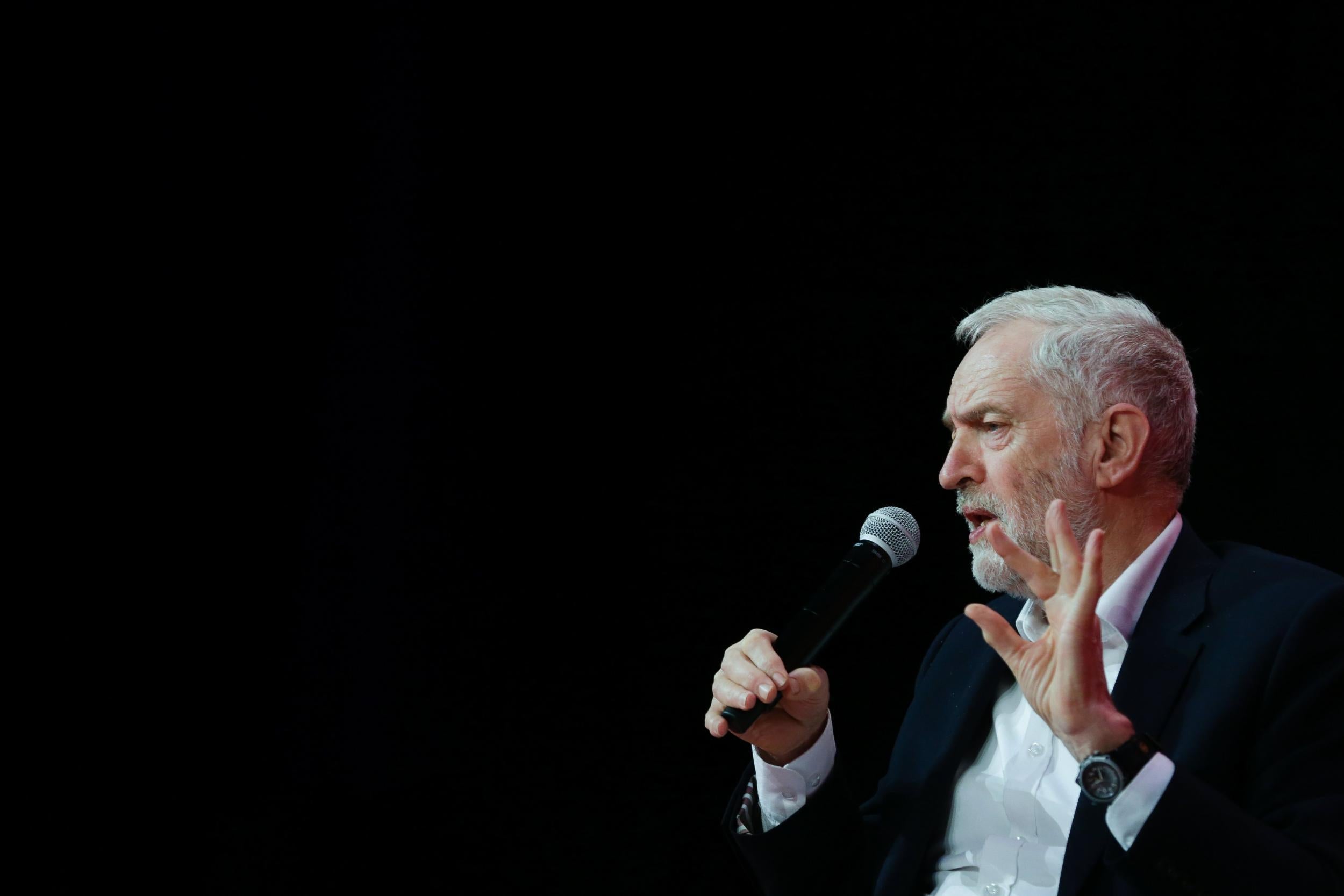Jeremy Corbyn is about to transform the Labour party – again
If the Labour leader gets his way, when you think of Labour, you won’t imagine rows of MPs on green leather benches. Instead, you’ll think of activists reinvigorating their estate’s tenants association

Not many people will have noticed the news, reported on Monday morning just as Theresa May’s ill-fated reshuffle began, that Jeremy Corbyn has set up a “community campaign unit”, a small but growing department in his office that will focus on organising with communities and groups of employees, helping them to campaign on local and workplace issues.
This sounds pretty innocuous, but it might turn out to be one of the most transformative political decisions of the Labour leader’s career, because it could change how we think about political parties. If Corbyn gets his way, when you think of Labour, you won’t imagine rows of MPs on green leather benches, or a smartly suited minister chatting to a reporter. Instead, you’ll think of activists reinvigorating their estate’s tenants association, while others organise their co-workers and stand with them on picket lines.
Ed Miliband tried something like this half a decade ago, with little success. But Corbyn’s popularity gives him the authority to try again, and the plan seems at least feasible now because Labour has many more members: more than half a million, compared with the Tories’ rumoured 70,000.

Some Labour stalwarts would like the party’s newbies to come to more constituency and branch meetings, but among the incomers are highly experienced campaigners whose talents may lie elsewhere. Like the members of Greece’s Syriza, the Corbynistas are drawn both from the trade unions and from the social movements: environmentalists, students, feminists, anti-racists, disability campaigners and LGBT activists. Many of these people have been organising in communities and in work places for decades, and if the new unit does its job, they’re going to start doing so under the Labour party banner.
Some parliamentarians fear this could breed chaos in their party. They imagine, not unreasonably, activists wearing Labour T-shirts going off-message on the local evening news. Community organising is, however, a hymn sheet from which all Labour members can sing. In Doncaster, the left and the right of local parties were brought together in their pioneering campaign against unfair lending by BrightHouse to its rent-to-own appliance customers.
Laura Pidcock, the left-wing MP for North West Durham, told her Facebook followers that the unit will allow their party to have an impact on people’s lives even while it’s still in opposition. “We need to get rid of this awful, destructive government,” she acknowledged, “but we don’t have to wait for that to be effective locally”.
The unit’s creation is also, however, a very tactical move, intended to make Labour more popular in the post-industrial and seaside towns where it has made fewer gains in recent years. “In 2018,” Corbyn predicted in the Sunday Mirror, “we will win by organising with communities that have been held back.” A government led by him would, in turn, bolster the rights of those organisers – unions and civil society groups. While the Conservatives warn this will create chaos, Corbyn hopes it make it easier for ordinary people to engage in grassroots politics and this, he hopes, will further strengthen the left.
Indeed, the unit’s strategic value to the Labour left may only manifest fully if the party gets into government.

Few in the party expect that, if Corbyn walks into Number 10, every member of Britain’s conservative establishment will magnanimously accept defeat. Shadow chancellor John McDonnell has made a point of being emollient during his conversations with bankers and asset managers, dubbed his “cup of tea offensive”. He has emphasized that he plans to build a more resilient economy, and that that’s in everyone’s interests, including those of the financial sector and big investors. But if, after a Corbyn victory, there emerges trenchant opposition from the richest and loudest people in the country, Corbyn hopes that his popular legitimacy will be validated by this inconspicuous little community campaign unit – or, rather, by the members of the movement that he hopes will stretch out far beyond it.
Join our commenting forum
Join thought-provoking conversations, follow other Independent readers and see their replies
Comments
Bookmark popover
Removed from bookmarks